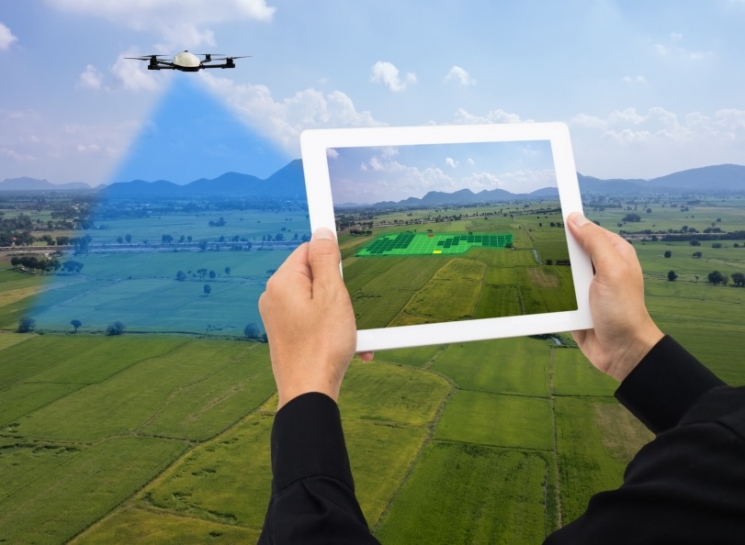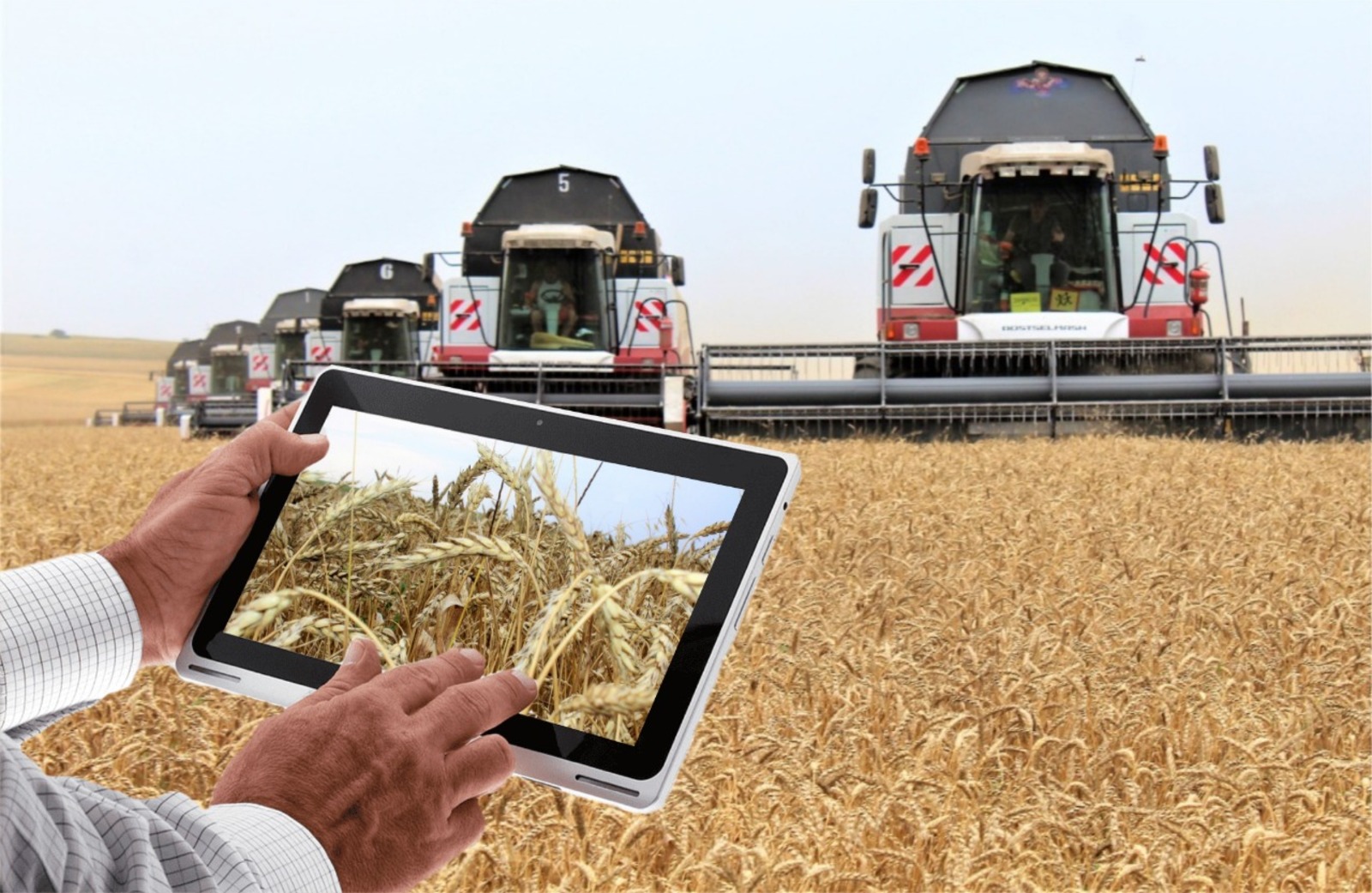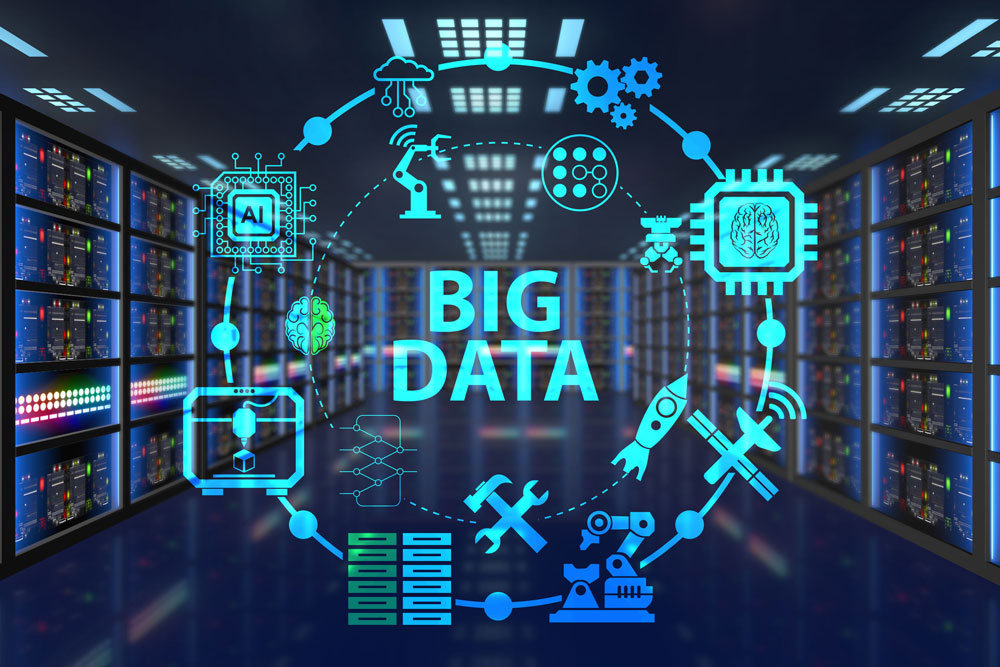How Digitalization Affects Traditional Industries: From Agriculture to Manufacturing
Author: Марк Назаров

Digitalization is one of the most significant and revolutionary processes of our time. The introduction of digital technologies in various spheres of life and business is radically changing traditional industries such as agriculture, manufacturing, transportation, and many others. In this article, we will look at how digitalization affects these traditional industries, as well as what benefits and challenges it brings.
Agriculture
Digitalization in agriculture, or agronomy, is transforming ancient farming practices and opening up new horizons for greater efficiency and sustainability. Here are the main areas where digital technology is having an impact:
- Sensor technologies and IoT (Internet of Things): Sensors placed in fields and greenhouses allow you to collect data on soil conditions, humidity levels, temperature, and other important parameters. This data helps farmers more accurately regulate irrigation, fertilization and other agronomic processes, resulting in increased yields and lower costs.
- Big Data Analytics: Analyzing data on weather, soil health, and plant health helps you predict potential problems and make informed decisions. The use of big data analytics allows you to minimize risks and optimize the management of agricultural resources.
- Drone science and automation: Drones are used to monitor fields, spray fertilizer and pesticides, and create accurate field maps. This greatly simplifies and speeds up processes that used to require a lot of time and resources.
- Smart Farm Machines: Tractors and harvesters with GPS systems and automated control are capable of performing tasks with high precision, which reduces human error and increases productivity.
Manufacturing sector
Digitalization in the manufacturing sector is also having a profound impact, transforming old methods and introducing innovative approaches. Here are a few key aspects of the impact of digital technologies on production:
- Industry 4.0: The concept of Industry 4.0 encompasses the integration of digital technologies such as IoT, artificial intelligence (AI) and robotics into manufacturing processes. This enables the creation of smart factories where machines and systems interact with each other, make their own decisions and optimize production.
- Robotics and automation: Modern robots are capable of performing complex and monotonous tasks such as assembly, welding, painting, and packaging with high accuracy and speed. This reduces labor costs and minimizes errors.
- Digital twins: The concept of a digital twin allows you to create virtual models of physical objects and processes. These models help test and optimize production processes, as well as predict possible failures or problems.
- 3D printing: 3D printing, or additive manufacturing, opens up new possibilities for creating complex parts and prototypes. It allows you to reduce development time and production costs, as well as implement customized solutions.
- Supply Chain Management: Digitalization helps improve supply chain management by using tracking and forecasting systems to optimize inventory, minimize delays, and reduce costs.
Transport and logistics
Digitalization is also having a significant impact on transport and logistics, improving the management and optimization of processes:

- Smart transport systems: Digitalisation enables the creation of smart transport systems that optimise traffic, reduce traffic congestion and improve road safety.
- Autonomous vehicles: The development of autonomous cars and trucks promises to revolutionize the transportation industry, reducing the need for a human driver and improving transportation efficiency.
- Warehouse management systems: Digital warehouse management systems allow you to automate the storage and handling of goods, which improves the accuracy and speed of order processing.
Financial sector
Digitalization is also radically changing the financial sector:
- Financial Technology (FinTech): The development of fintech companies has led to the creation of new financial services and products, such as mobile payments, cryptocurrencies, and blockchain technology. These innovations simplify financial transactions and increase security.
- Analytics and artificial intelligence: AI and machine learning are used to analyze large amounts of data, predict financial risks, and create personalized financial products.
Conclusion
Digitalization represents a powerful driver of change in traditional industries such as agriculture and manufacturing. These technologies not only increase efficiency and productivity, but also create new opportunities for innovation and a better quality of life. However, digitalization also presents new challenges, such as the need to learn and adapt to new technologies, as well as issues of data security and the protection of personal information. The future of traditional industries will be determined by how quickly and successfully they can adapt to these changes and seize the new opportunities that digitalization presents.
Popular Articles

